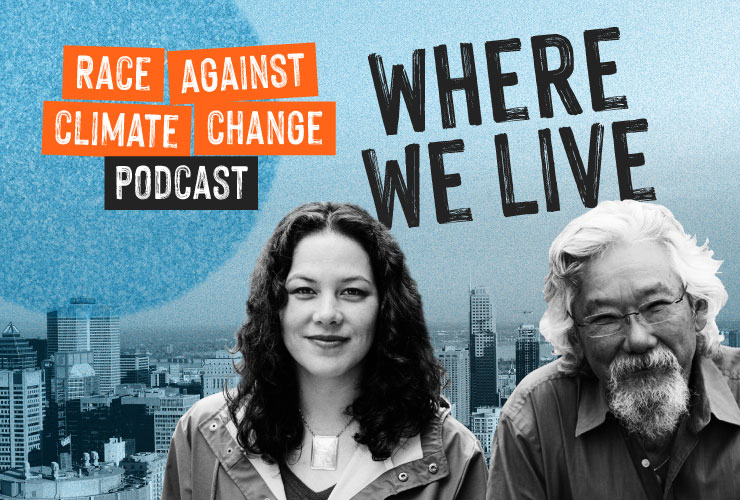Why young divestment activists are closely watching COP26

Days before the United Nations climate conference, the University of Toronto (U of T) announced it would divest its $4-billion endowment fund from fossil fuels "beginning immediately" and focus on what it called a “climate-positive campus” because it had a "moral" obligation.
The move rightly caught the attention of Canada's larger divestment movement.
Activist Evelyn Austin is one of them.
A recent bachelor of science graduate from U of T, Austin is now the project manager for the Banking on a Better Future campaign and a co-ordinator for the Divest Canada Coalition.

Banking on a Better Future focuses on getting banks to divest from fossil fuels. She says the group has organized sessions on how to put pressure on institutions to divest, and will now be focusing on strategizing to have their calls heard.
“We're hoping to shift gears and be working on a global day of action,” Austin said after the university’s announcement.
COP — or Conference of the Parties — is a UN climate conference that has brought world leaders together to hammer out agreements to reduce global warming. Similar gatherings have happened since 1995. COP26 is taking place at the Scottish Event Campus in Glasgow, Scotland, and ends on Nov. 12.
In an emailed response to Canada’s National Observer, Stand.earth's climate finance director Richard Brooks said U of T's divestment ahead of COP26 “is significant ... because of the stature of U of T, it sets the pace and bar for the rest of the Canadian universities and is amongst the most influential in North America ... they are drawing a line in the sand despite the backlash they will likely invite from the energy sector and certain politicians in Canada.”
U of T’s letter says it “will divest from all direct investments in fossil fuel companies within the next 12 months, and divest from indirect investments … by no later than 2030, and sooner if possible.”
Elara Neath-Thomin and Laura Doyle Péan are members of Divest McGill, a student-led activist organization that has, so far, failed to convince McGill University to divest from the fossil fuel sector.
Divest McGill primarily focuses on persuading the Montreal university to fully divest from fossil fuels, and recently hosted an event in support of the global climate march that took place on Sept. 24.
“We wanted to get students who are not involved in our group to participate,” says Doyle Péan. “It was a way to recruit members and make students not part of the movement feel like they're part of it.”

The initiative proved to be a success, with the Divest McGill team saying it recruited new members following the march.
Divest McGill is now planning a public assembly with students, staff, and faculty to discuss the difficulties they have had with the way investment decisions are made at the university.
Neath-Thomin and Doyle Péan say they will be keeping their eye on COP26 coverage.
“What everyone is hoping for, what everyone dreams about — but maybe not something I have concrete hopes to see to happen — would be binding engagements,” says Neath-Thomin.

“We've seen a lot of promises, we've seen a lot of targets, but the fact is they're rarely being met. My personal desire would be to make binding engagements with actual consequences if they're not met, which would give our government a lot more credibility in being engaged in this fight against climate change.”
Doyle Péan and the other activists also hope politicians follow the lead of universities such as U of T and they want to see governments begin parting ways with oil and gas companies — immediately.
“What we want the federal and provincial governments to do is stop funding and approving projects that have to do with extracting. Stop buying pipelines and letting companies work on these projects,” Doyle Péan says.
— With files from David McKie







Comments
Divestment does NOTHING to reduce emissions. The shares are sold into an open market where the new buyers may well only care about profits, and not the planet. And these young activists will have next-to-no leverage with the new owners. I personally wish all this energy (pun intended) would instead be used to make U of T and other schools activist investors. Ostensibly, there are a lot of smart people at universities. Instead of leaving the game, so to speak, universities could - and should - play a much more direct role and use their part-ownership to create leading-edge shareholder resolutions and keep those fossil fuel cos. accountable in meeting ESG-related targets.